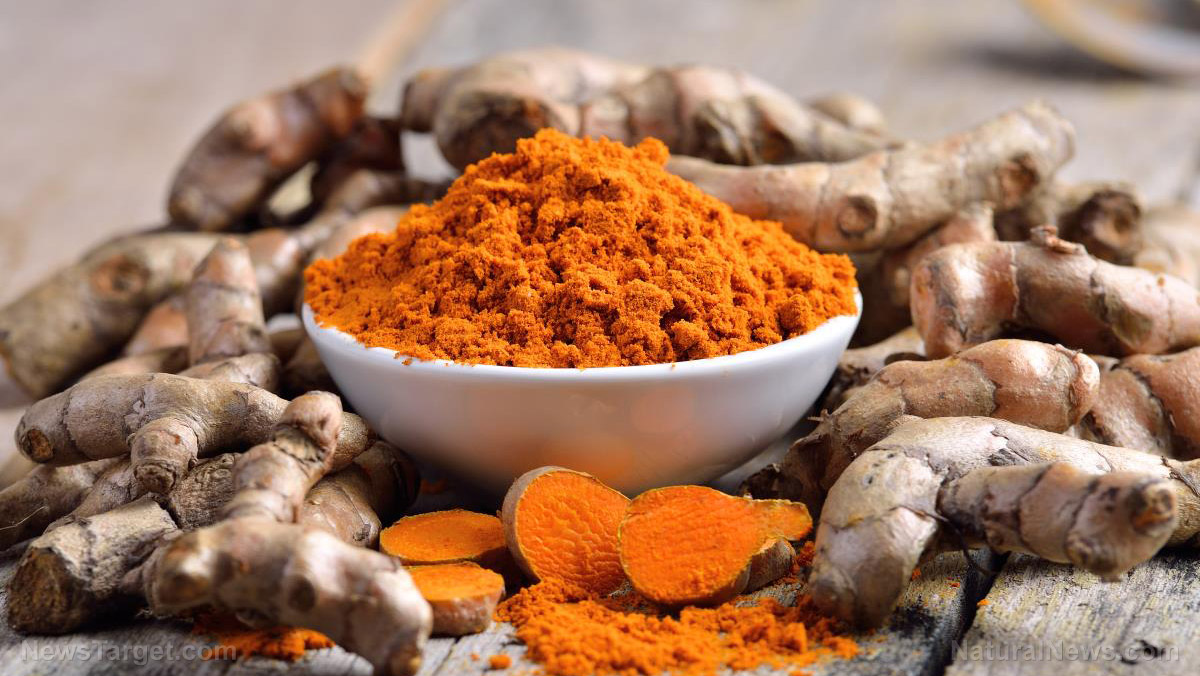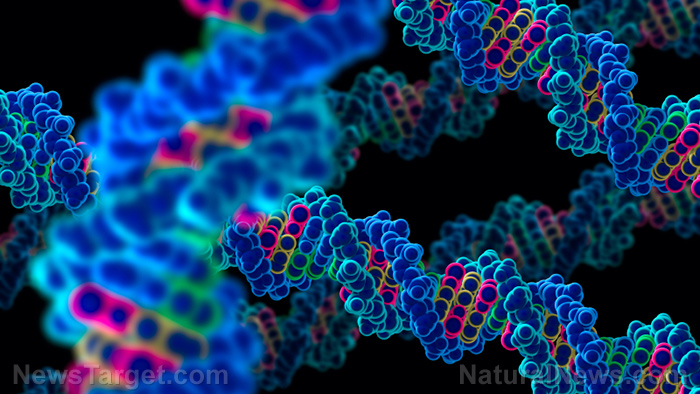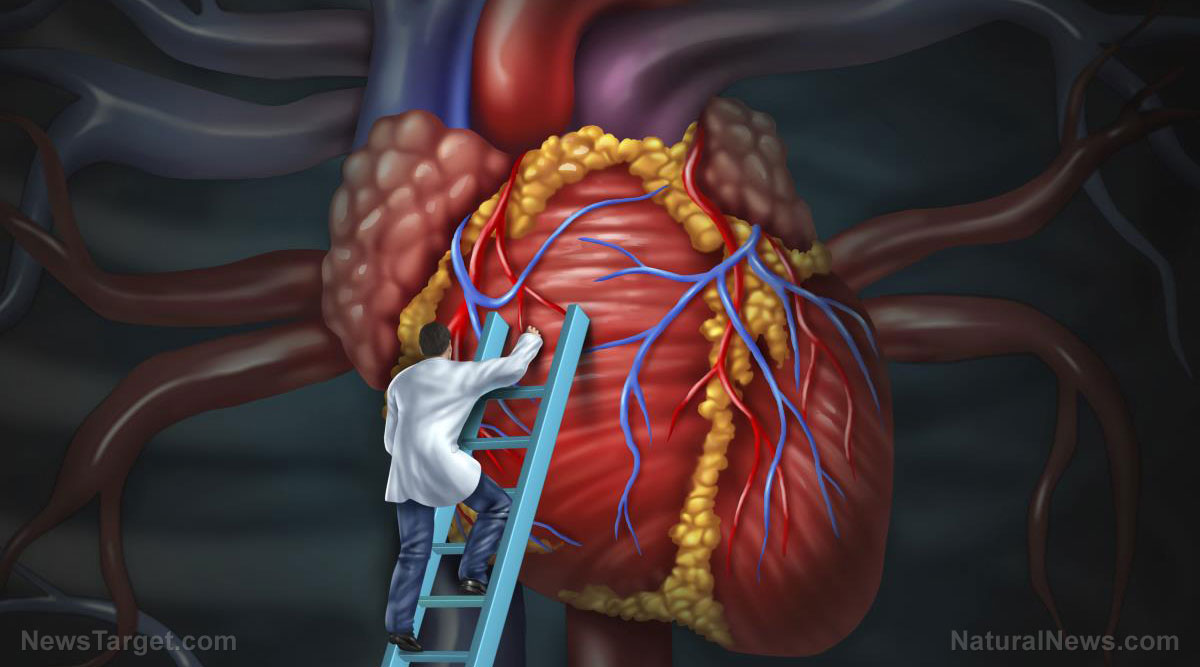Scientists confirm link between eating organic food and a reduced cancer risk
02/17/2019 / By Ellaine Castillo

Organic foods have become increasingly popular over the last few years. However, there are still some people who aren’t convinced that they should shell out a few extra bucks on organic foods. If you’re one of those people, you might start rethinking your decisions now. A recent study published in the journal JAMA Internal Medicine revealed that people who eat more organic food have a lower cancer risk.
The researchers arrived at this finding by analyzing self-reported data from 68,946 adults in France. Participants accomplished questionnaires where they were asked to rate their frequency of eating commonly labeled organic foods from never, occasionally, to most of the time. Their food intake from 16 different categories was determined in the study. These included fruits and vegetables, dairy, meat and fish, eggs, grains, flour, and bread.
All of the participants were cancer-free at the beginning of the study, which was in 2009. However, by the follow-up, 1,340 of them had developed the disease. The most prevalent types were breast cancer (459), prostate cancer (180) skin cancer (135), colorectal cancer (99), and non-Hodgkin’s lymphoma (47). Upon analyzing their data, the researchers found that people who ate the most organic food experienced a 25 percent decrease in their overall cancer risk compared to people who ate the least. This was true even after they considered other factors that could affect cancer risk, including smoking, exercise, and socioeconomic status.
Cancer risk reduction was especially high for lymphoma, which was lower by 76 percent overall and 86 percent for non-Hodgkin’s lymphoma. Postmenopausal breast cancer risk also had a significant reduction of 34 percent.
Pesticide exposure and cancer risk
The primary difference between conventional and organic foods is that the latter are less likely to have pesticide residues. This is because organic farmers have to adhere to a strict set of standards for their produce to be certified as organic. (Related: Organic food has less pesticide content and is healthier than conventional, more science proves.)
There is a growing body of evidence that pesticides pose many health risks. These include causing developmental problems in children and neurological diseases like amyotrophic lateral sclerosis. Additionally, there have been legal cases against pesticide manufacturers claiming that their products caused cancer. By eating organic foods, you can reduce your exposure to these carcinogens.
Overall, the results of this study suggest that switching to organic foods can help reduce cancer risk.
More reasons to buy organic foods
If you’re still not convinced that you should make the switch, here are more reasons for you to start buying organic food.
- Organic foods taste better — Since organic foods are given more time to mature, their mineral and sugar structures are of higher quality. This makes them taste better compared to conventional fruits and vegetables that were artificially induced to develop faster.
- Organic foods contain more antioxidants — Unlike conventional foods, organic ones are free of foreign chemicals that react with vitamins, minerals, and other organic compounds. This results in higher antioxidant content, which can be attributed to many health benefits like preventing heart disease, vision problems, premature aging, and cognitive diseases.
- Organic foods are good for the environment — Organic farming causes minimal interference with the environment. It doesn’t make use of harmful chemicals that can make their way into the water, air, and soil. This consequently reduces the incidence of health problems caused by pollution.
- Organic foods are fresher — You can be sure that you’re consuming fresh foods when eating organic products. This is because organic foods are not allowed to contain chemical preservatives to prolong their shelf life.
Sources include:
Tagged Under: cancer risk, food cures, organic foods, organics



















